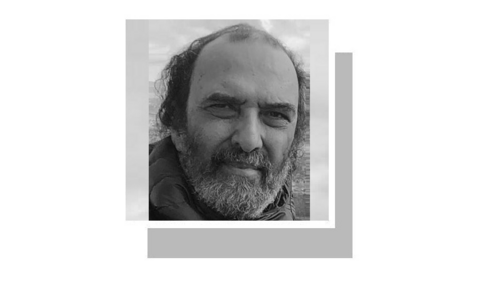ON Tuesday, Gen Qamar Javed Bajwa will start his tenure as chief of army staff, the fourth individual in Pakistan to do so in the 21st century.
His predecessor Gen Raheel Sharif has given Gen Bajwa an excellent platform to build on, though circumstances will also shape how the chief will be able to proceed.
Certainly, a priority must be to wind down large-scale military operations and retool the army for the next phase of counterterrorism operations.
The rehabilitation of Fata, the return of IDPs and a new constitutional scheme for the war-ravaged tribal areas are other important tasks in which the military will have an influential role.
Then there are the national security and foreign policy arenas in which the military has an outsize role, a de facto situation made all the more important because of severely strained relations with India and Afghanistan and a growing focus on ties with China and CPEC.
While the army is an institution, the personality, preferences and personal relationships with leaders of other institutions of any army chief do matter.
In this, it will remain to be seen what kind of leadership style Gen Bajwa has — the mould of the thinker that Gen Kayani cast himself in, the no-nonsense, action-oriented leader that Gen Sharif has been, or something else?
But once again, the direction that is needed is relatively clear — the focus on counterterrorism and the need to initiate action in Punjab beyond the superficial steps taken so far. Clearly, there are matters of law and Constitution to navigate here.
It is the prerogative of the elected government to decide policy and the military must abide by decisions taken.
However, just as Gen Sharif was able to impress on a reluctant PML-N government the need to fight the banned TTP and abandon the foolhardy path of seeking negotiations — a view the centre belatedly embraced — Gen Bajwa may be able to persuade the government of new steps to be taken.
It must certainly not be done in a way that the government is seen to be under orders; there are cooperative ways to persuade the need for a change in policy.
Finally, there is the issue of military interference in politics. To some extent, Gens Kayani and Sharif have distanced the army from the Musharraf era of total control of the political process.
That has been a sensible and pragmatic repositioning that Gen Bajwa must try and further.
Where the civilians themselves seek military input and advice, the army chief can play a role that is democracy-enhancing and system-strengthening.
Beyond that, however, all army chiefs need to be mindful of institutional separation and the constitutional scheme of things.
At no point would Gen Sharif have gained more than he would have lost had he opted to wade deep into the political process. Politics for politicians, army for national defence.
Published in Dawn, November 27th, 2016















































